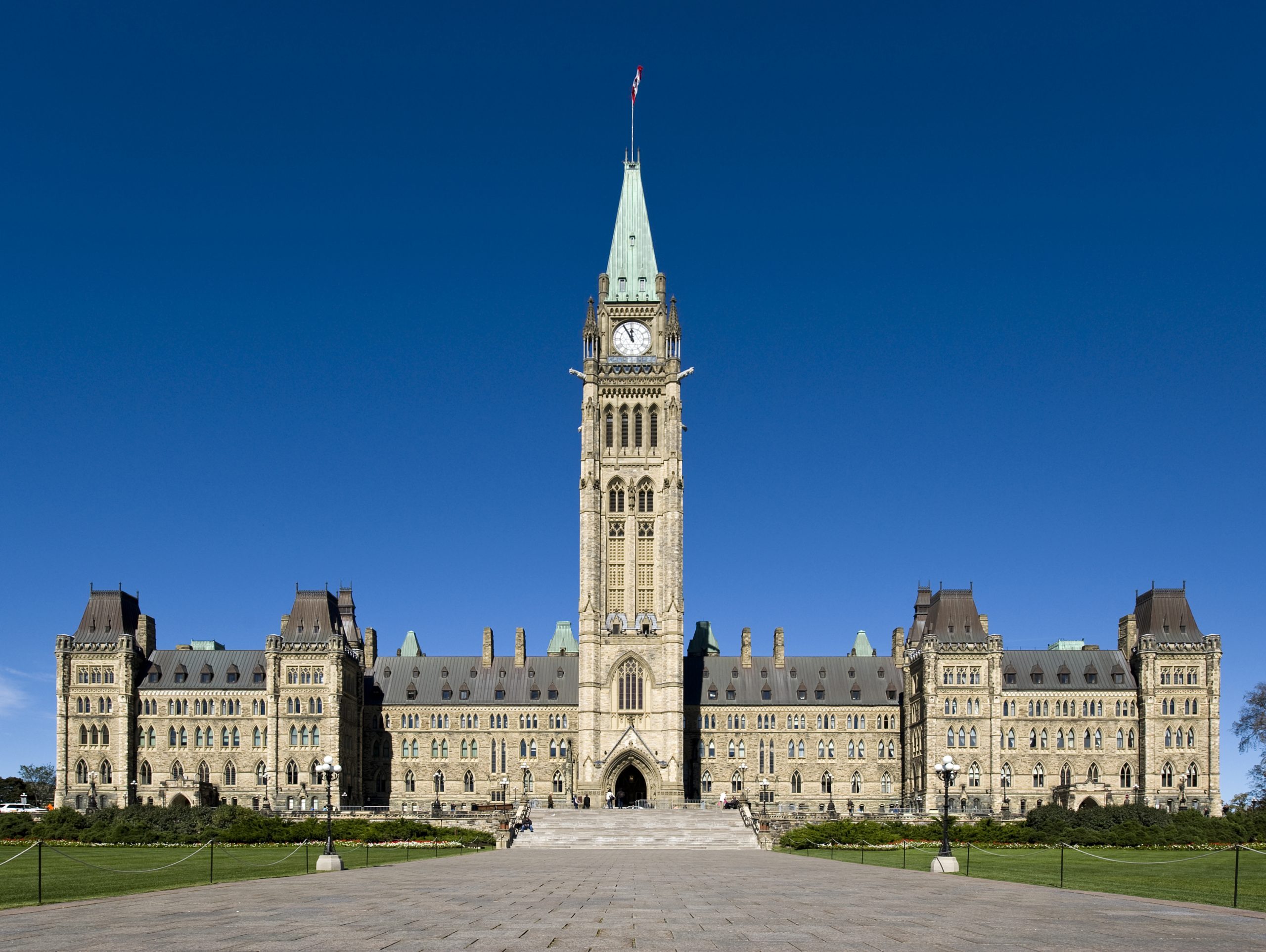The economic platforms of neither the Liberals nor the Conservatives will do anything to stop the decline in Canada’s standard of living against the United States over the next few years, an economist said yesterday.
Dale Orr, managing director of Global Insight, said both party platforms are devoid of the tax cutting or spending strategies that would help Canada close the productivity gap with the United States — the key determinant of living standards.
“We can reduce the productivity gap with the U.S., but we’re not going to do that with either of these programs,” Mr. Orr said yesterday after a teleconference on the Canadian economy.
After rising from 1998 to 2001, Canada’s labour productivity, or ross domestic product per hour worked, has slumped against U.S. levels as Canada added workers to increase economic growth while the U.S. relied almost exclusively on technology.
Mr. Orr figures Canadian productivity dropped from 84% of U.S. levels in 2001 to 80% in 2004, where he expects it to hover into 2007. Meanwhile, overall economic growth is likely to lag the United States.
As a result, GDP per person, one measure of living standards, is likely to stay about 85% of U.S. levels, down from 87% in 2002.
But neither Paul Martin nor Stephen Harper have presented much in the way of fiscal policy to close the productivity gap and make the economy really take off, Mr. Orr said.
Productivity enhancing spending measures would include increases to infrastructure, education and training. Tax measures would include cuts to capital, investment, corporate and payroll taxes as well as marginal personal income taxes.
On the spending side, both parties are planning to spend billions more on health care, Mr. Orr said.
“There is hardly anything you can spend money on that can do less for productivity,” Mr. Orr said. A disproportionate amount of health spending goes to people over age 65.
Of the $28-billion the Liberals plan in new spending initiatives over the next five years, roughly $7-billion, or 25%, might be seen as productivity enhancing, he said. This would include money from gas taxes that would flow to municipalities for infrastructure spending and money destined for rural and industrial development — if it actually comes through.
Meanwhile, the Conservatives have penciled in $58-billion in new spending and tax measures over five years, Mr. Orr said.
It is true the party is planning some $21.9-billion in income tax cuts but only half, or about $11-billion, would be productivity enhancing, Mr. Orr said. These would include raising tax brackets and eliminating the middle-income tax bracket.
The other half of the Conservative income tax savings would come from expanding tax credits and deductions, which might be good for income redistribution but does little for productivity.
An altogether more effective way to enhance productivity would be to drop marginal tax rates or the rate of tax charged on the last dollar earned. A high marginal rate tends to dissuade people from working extra hours or aiming for higher-paying jobs.
The Conservatives will reduce employment insurance contributions, which Mr. Orr said was “bang on” as a productivity enhancing measure. Some $5-billion of their corporate tax initiatives are also likely to boost productivity, as will $3.5-billion earmarked for infrastructure spending.
In total, only about $20-billion, or one-third of the $58-billion in new Conservative economic initiatives, would boost productivity, Mr. Orr said.
“Shame on both of them,” Mr. Orr said. “Neither of them will help the Canadian economy much.”
© National Post 2004


